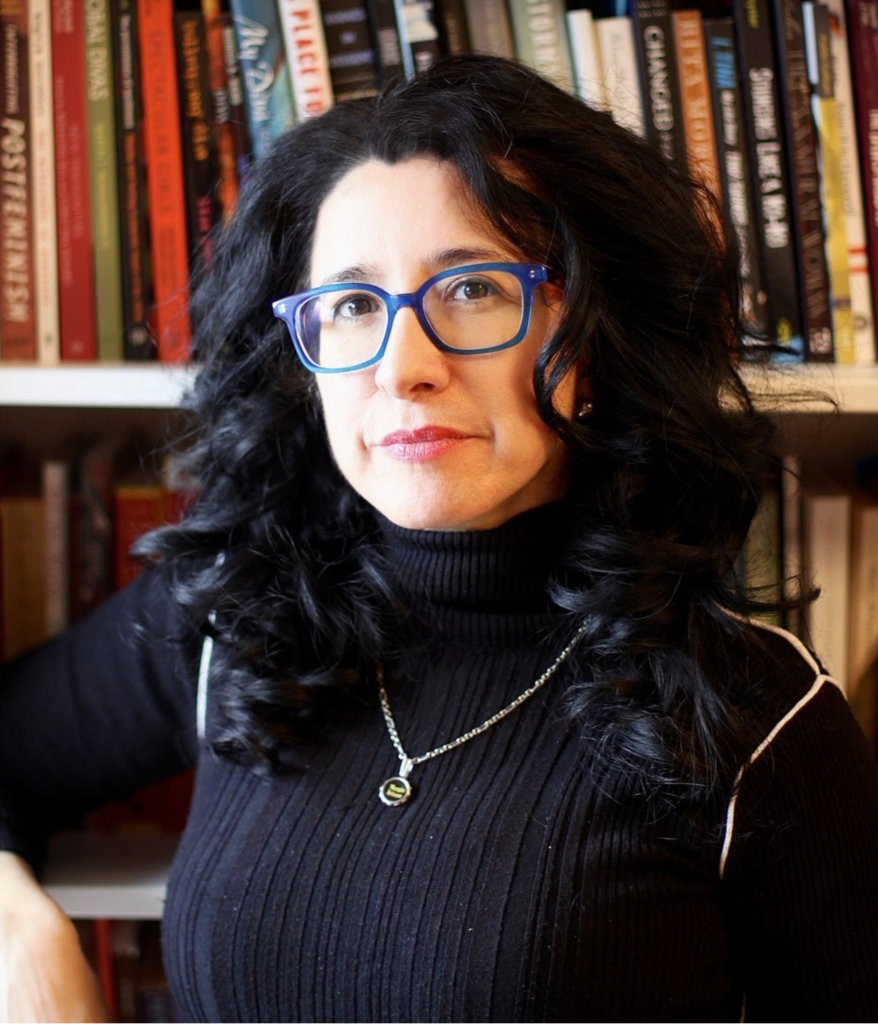Get up
Stand up
From your despair
System’s designed
To keep you there
Freedom
Cannot be bought or sold
Despite what you all have
Been told
Ain’t nobody gonna give it to you
You’ve got to get your life
Ain’t nobody gonna do it for you
You’ve got to get your life
They thrive
When you and I divide
All their borders
Cut deep inside
Ceilings where there
Should be blue skies
Hunger, hatred
Fed by their lies
Wake up to the cruel machine
To cede your heart
Would be obscene
Ain’t nobody gonna give it to you
You’ve got to get your life
Ain’t nobody gonna do it for you
You’ve got to get your life
Ain’t nobody gonna give it to you
You’ve got to get your life
Ain’t nobody gonna do it for you
You’ve got to get your life

“[Labelle’s song “What Can I Do For You?”] teaches us how to be in that space of the constant questioning… of how we can be for (and in relation to) one another while we’re dancing in this kind of heightened state of ecstasy, but also constantly being in an insistence of how to reach each other across this… this deeply broken state we live in, which is in every way because of neoliberalism, because hyper-capitalism has created this atomized, deep, devoid-of-empathy kind of space.”
—Deborah Paredez, in this edition of Constellation Conversations
Deborah Paredez is a poet, ethnic studies scholar, cultural critic, and longtime diva devotee. Deborah is the author of the award-winning critical study, Selenidad: Selena, Latinos, and the Performance of Memory (Duke 2009) and of the poetry collections, This Side of Skin (Wings Press 2002) and Year of the Dog (BOA 2020). She has published widely on topics including Black and Latinx performance, poetry of war and witness, feminist elegy, and the role of divas in American culture. Born and raised in San Antonio, she has lived on both coasts, endured a handful of Chicago winters, and taught American poetry in Paris, while remaining rooted in her Tejana love of Selena and the Spurs. She received her PhD in Interdisciplinary Theatre and Performance at Northwestern University and her BA in English at Trinity University. She lives with her husband, historian Frank Guridy, and their daughter in New York City.



ALTAREDSTATES is made possible with generous support from the New England Foundation for the Arts’ National Theater Project, with lead funding from The Andrew W. Mellon Foundation and additional support from the Doris Duke Charitable Foundation. Additional support provided by the Sundance Institute Theatre Lab.
Produced by CalArts Center for New Performance.
ALTAR NO. 1 is commissioned by The Public Theater, and created with support from CalArts Center for New Performance and New York Live Arts’ Live Feed Residency, with funding from Rockefeller Brothers Fund, National Endowment for the Arts, New York City Department of Cultural Affairs, Stavros Niarchos Foundation, and the Partners for New Performance.












